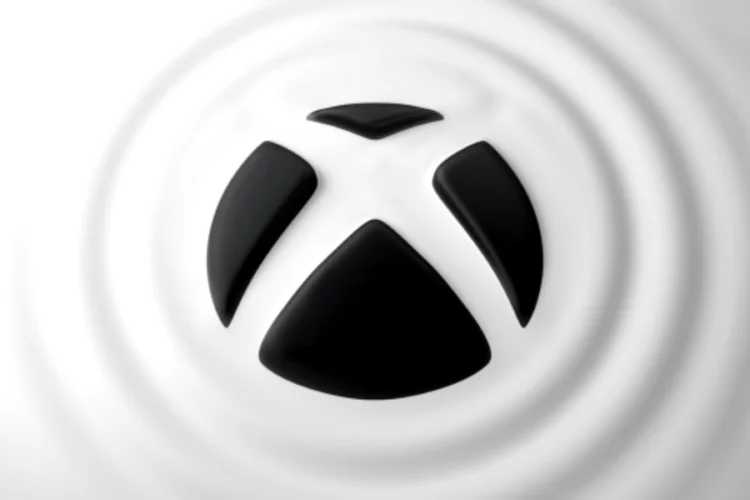Digitalization has become central to the Xbox business model, with Microsoft playing a key role in propelling gaming towards an all-digital future. However, there is a need for Microsoft to provide clearer outlines of its plans for this digital-centric future in gaming. While trends such as the introduction of digital-only gaming consoles like the Xbox Series S and PlayStation 5 slim have been anticipated, Microsoft should enhance transparency regarding its immediate plans.
Over the past decade, the gaming industry has witnessed a shift towards digital consumption, with gamers increasingly favoring convenient purchasing and access options.

Microsoft has contributed to this transition by transforming Xbox into a digital ecosystem encompassing software, services, and content subscriptions. With the advent of Gen9, Microsoft and Sony introduced digital-only console models, such as the Xbox Series S, reflecting the industry’s evolving landscape.
Digital-only games are now making their mark on the market, with titles like SEGA’s Like a Dragon Gaiden: The Man Who Erased his name and Alan Wake II releasing exclusively in digital formats. However, reports suggest a notable development as Starfield, a highly anticipated game, is reportedly having its physical disc-based versions removed from retail stores.
If Microsoft is indeed behind this decision, there is a need for the company to communicate its intentions to consumers, especially if it aligns with a broader strategy of transitioning towards an all-digital future.
If Xbox aims to emphasize digital dominance or exclusivity for first-party titles, it is crucial for Microsoft’s gaming leadership to engage in open discussions with consumers. While cost considerations and revenue optimization may be drivers for digital-only releases, providing clarity on the future direction is essential for both industry players and consumers alike.
Xbox Game Studios has already revealed plans for Hellblade II: Senua’s Sacrifice as a digital-only game, highlighting the industry’s ongoing shift towards digital-centric models.
In navigating this transition, open communication and transparency will be key for Xbox to foster understanding and acceptance among its user base, ensuring a smooth evolution towards an increasingly digital gaming landscape.

